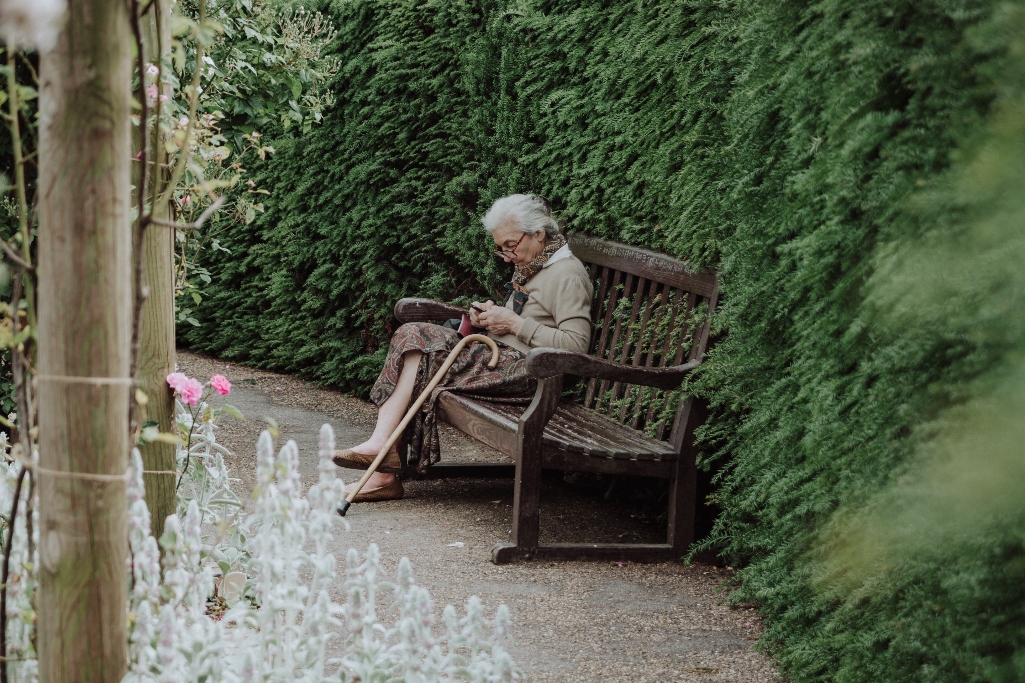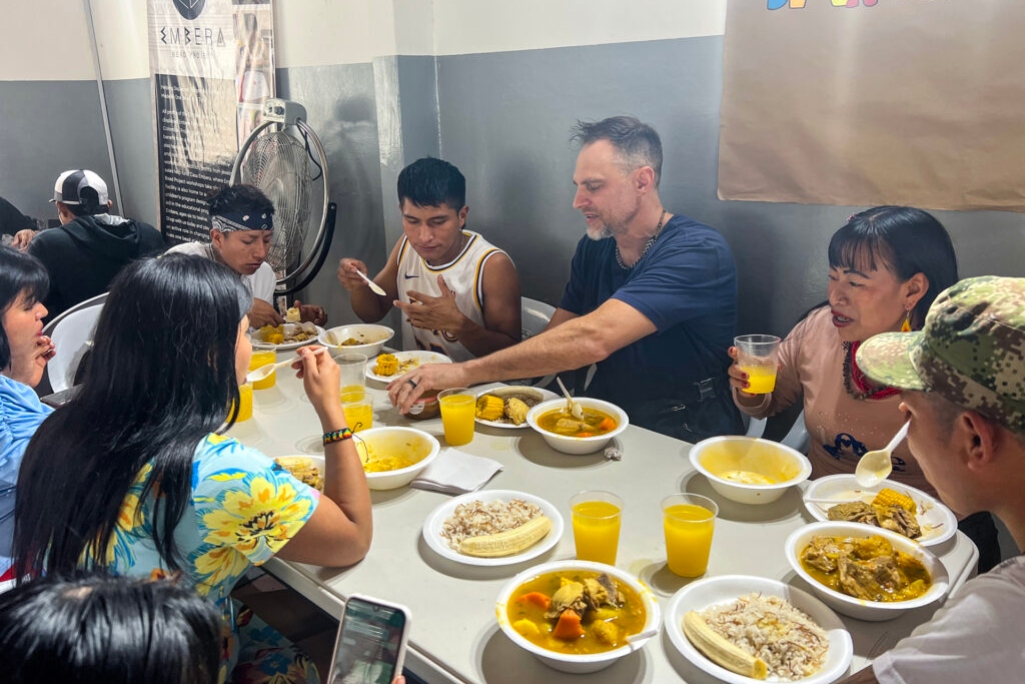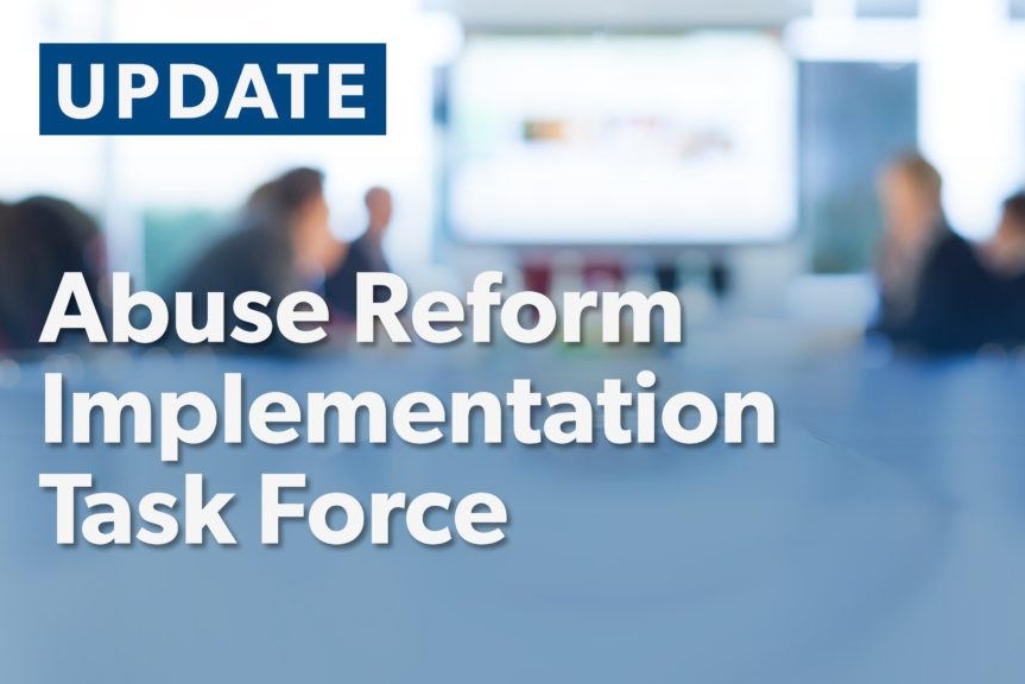
(EDITOR’S NOTE – Nov. 12 is Orphans and Widows Sunday in the Southern Baptist Convention.)
ARDEN, N.C. (BP) – Kelvin Moseley, Mature Adults and Pastoral Care pastor at Biltmore Church, has seen the difference that effective ministry to widows and widowers can make. Something as simple as a phone call or a handwritten letter in the mail can show the love of Christ in a mighty way.
“It is a priority,” Moseley said. “It has always been a priority to be faithful to love and care for both our widows and our widowers because we … discovered that grief is real, and the journey of grief and [they’re] just learning how to live in their ‘new normal,’ someone called it.”
It is clear in God’s Word that His followers are to intentionally care for, honor and love widows, Moseley said.
“I think when you go through brokenness, God doesn’t throw that away,” he said. “He wants to use our brokenness. Second Corinthians 1 says He comforts us so we can comfort others.”
Every church or community has widowed members that need a body of strong believers to surround them. It is not only an essential ministry, but also a direct command from the Lord. Moseley and his team ensure that each widow feels seen and loved.
“…They just need to know we care,” he said. “They need to know we love them. And we’re not here to fix anybody. We’re just here to walk through the journey with them.”
Ministry to widows is a team effort, he said. It takes a village of willing, compassionate volunteers and deacons to write letters, visit homes, complete home repairs and more.
“Our deacons are obviously on the front lines caring for our widows currently,” he said. “… A deacon is assigned to make monthly contact with [a] widow. … We know that isolation and loneliness are two things that every widow struggles with, so deacons help to bridge some of that.”
And it’s not just deacons. Widows and widowers themselves are taking part in the ministry, using their first-hand experience to help others.
Mosely’s team ensures every widow knows who to call if they need help. Sometimes that help looks like a ride to church or a mowed lawn.
The church also puts on an annual luncheon for widows and widowers from its multiple campuses to come and fellowship together.
“One of the cool things that I’ve seen happen at those gatherings is, God just has a way of using the table talk to develop some connection,” Moseley said. “And I’ve just seen some real fruit grow out of those [events] where … maybe [a] widow felt, ‘I don’t really know anybody,’ and all of a sudden, ‘Hey, I’ve got some new friends.’”
The team takes every opportunity to reach widows and widowers who are grieving, even ones that do not attend Biltmore Church. Recently, this mindset led to a changed life.
“I had officiated a funeral for someone in the community,” Moseley said, “and the couple was not involved in church. They didn’t attend anywhere. The [now widow’s] name is Kay. I asked that one of our widows reach out to her.”
So, Jill from Biltmore began reaching out to Kay.
“Over time, Jill brought Kay to one of our services,” Moseley said. “It was probably two months ago on a Sunday morning that Ms. Kay, who’s a widow of probably five months, prayed to receive Christ as her personal Savior. And then we got to see her baptized just a few weeks after that out at our outdoor baptism. That was such a confirmation that this grief ministry team, God was using it in ways that I could have never imagined.”
Moseley said ministry to widows should continue long after the death of a spouse.
“I’ve seen so many times, we almost smother families at the time of death,” he said. “But when a widow needs us most is really at three months. I mean, they need us all the time, but they just don’t need to feel abandoned. … The grief has a beginning; it just doesn’t have an ending until we get to heaven. And so, it’s really challenged me and our pastoral care team to think…that from the time we officiate a funeral, [to] 12 months later, 24 months later, our ministry is still to that widow and her family, to love them, to encourage them.”


